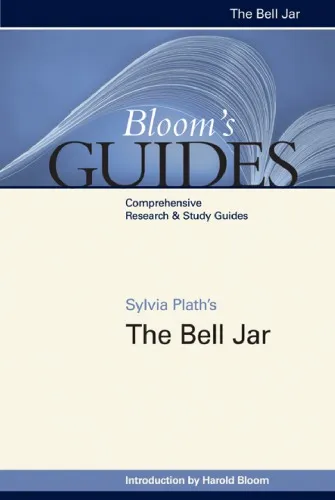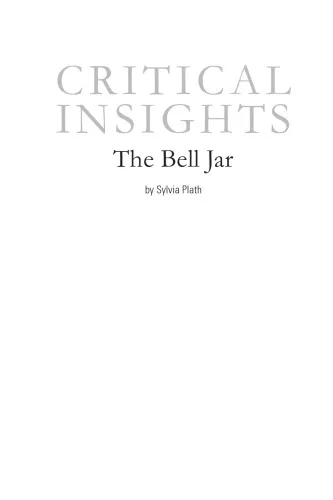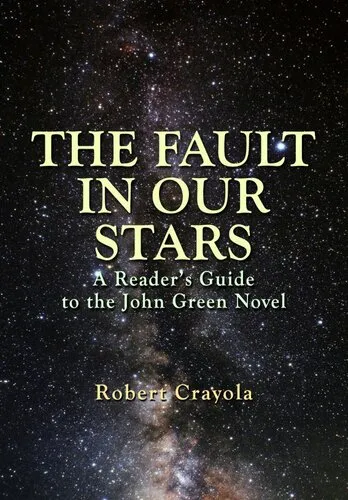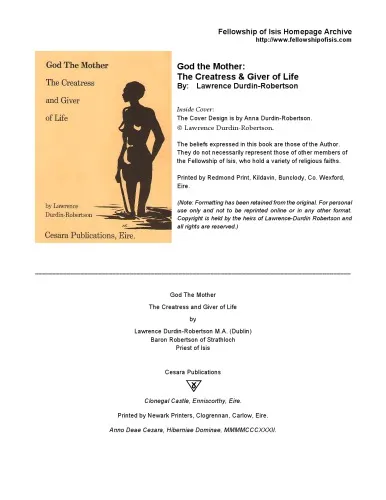Plath's The Bell Jar (Cliffs Notes)
3.9
Reviews from our users

You Can Ask your questions from this book's AI after Login
Each download or ask from book AI costs 2 points. To earn more free points, please visit the Points Guide Page and complete some valuable actions.Related Refrences:
Persian Summary
Sylvia Plath's The Bell Jar is an iconic piece of American literature, commanding deep reflection and myriad interpretations since its first publication in 1963. Through the literary prism of Plath’s poignant and semi-autobiographical novel, we explore themes of identity, mental health, and societal convention. This Cliffs Notes edition serves as an essential companion to Plath’s work, offering readers critical insights and analyses that enhance their understanding of the novel.
Detailed Summary of the Book
The book The Bell Jar follows the life of Esther Greenwood, a bright and talented young woman who wins an internship at a prestigious magazine in New York City. Initially, her life appears to be full of promise and potential, encapsulating the dreams of many young women in the 1950s. However, under the shimmering façade of urban glamour, Esther’s life unravels as she grapples with overwhelming expectations and self-doubt. The novel is divided into two parts: Esther’s experiences in New York and her subsequent mental breakdown and recovery in suburban Boston. Plath uses vivid imagery and stark prose to illustrate Esther’s descent into depression, mirroring many of her own struggles with mental illness. As Esther encounters various figures in her life—family, doctors, and would-be mentors—the novel examines the oppressive social structures that constrain women’s aspirations and well-being.
Key Takeaways
The book is not simply a tale of struggle but a critique of mid-century American culture that rings true in today’s context. Here are some fundamental takeaways:
- Mental Health Awareness: Plath's detailed portrayal of Esther's psychological turmoil provides an unflinching look at mental illness, serving to destigmatize discussions around mental health.
- Gender Roles: The novel challenges the repressive gender norms of the 1950s, highlighting Esther's conflict between societal expectations and her personal ambitions.
- Identity & Individuality: Esther’s story emphasizes the struggle for self-discovery and the often painful journey to autonomy.
Famous Quotes from the Book
Plath’s language in The Bell Jar is as haunting as it is beautiful. Here are some memorable quotes from the book:
"I felt very still and empty, the way the eye of a tornado must feel, moving dully along in the middle of the surrounding hullabaloo."
"I took a deep breath and listened to the old brag of my heart. I am, I am, I am."
"To the person in the bell jar, blank and stopped as a dead baby, the world itself is the bad dream."
Why This Book Matters
The Bell Jar is more than just a novel; it is an essential read that continues to resonate with readers for several reasons:
Firstly, Plath’s brilliant exploration of the feminine psyche in a patriarchal society provides an enduring commentary on gender politics. Through Esther Greenwood, Plath reveals the fractures created by repressive societal norms, presenting a narrative that has empowered countless individuals to question and reshape their realities. Secondly, the novel’s candid depiction of mental illness was ahead of its time, offering a raw insight into personal struggles that were often silenced. Lastly, the autobiographical elements in Plath’s writing invite readers into an intimate understanding of her life, creating a vivid tapestry of human experience that transcends time and place. In studying this novel, readers not only engage with Plath’s world but also reflect on the continuing relevance of her themes in contemporary society.
Free Direct Download
You Can Download this book after Login
Accessing books through legal platforms and public libraries not only supports the rights of authors and publishers but also contributes to the sustainability of reading culture. Before downloading, please take a moment to consider these options.
Find this book on other platforms:
WorldCat helps you find books in libraries worldwide.
See ratings, reviews, and discussions on Goodreads.
Find and buy rare or used books on AbeBooks.
1509
بازدید3.9
امتیاز0
نظر98%
رضایتReviews:
3.9
Based on 0 users review
Questions & Answers
Ask questions about this book or help others by answering
No questions yet. Be the first to ask!














